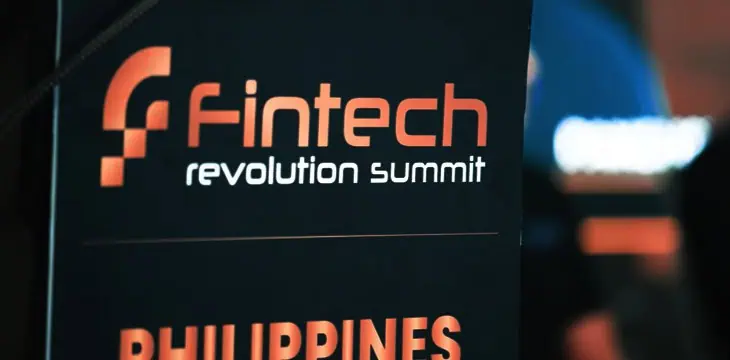|
Getting your Trinity Audio player ready...
|
Bitcoin Association Founding President Jimmy Nguyen and UNISOT Founder & CEO Stephan Nilsson took the virtual stage on October 13 for The Food Institute’s “Blockchain for the Food Industry” webinar.
During their presentation, Nguyen gave the audience a high-level overview of what a blockchain is, why blockchains need to scale, and what industries we are currently seeing the Bitcoin blockchain being implemented in.
Join the Food Institute on Tuesday, October 13th for a webinar featuring blockchain technology.
Register: https://t.co/OdE68PHVWQ
— The Food Institute (@FoodInstitute) October 5, 2020
Afterward, Nilsson followed up with a presentation that narrowed in on blockchain in the food industry, detailing how UNISOT solves several problems that today’s food and supply chain industry face.
Here are a few key takeaways from their presentation.
Benefits of blockchain in the food industry
At the moment, the food and beverage industry is not operating at maximum efficiency: 25% of assets (boats, trucks, tools, etc.) are not used which leads to roughly $2.5 trillion locked up in the system that is not used effectively.
To exacerbate these problems, the data in the industry is stored on closed data silos which leads to limited data exchange and limited visibility for all parties involved in the supply chain. However, a public, shared, single source of truth, can optimize the currently inefficient processes as well as give the parties involved the ability to monetize their data.
Bitcoin can open up a world of opportunities for the food and beverage industry by reducing costs, removing unnecessary bloat from transactions, as well as improving transaction speed, transparency and traceability/
UNISOT is the first Bitcoin-built gateway that allows the food industry to realize these benefits.
UNISOT has built a global business network and marketplace platform that provides the tools and services to enable product traceability, produce provenance, sustainability, fair trade, and more.
UNISOT connects consumers, retailers, warehouses, logistics, producers, and recyclers on one public blockchain which allows every participant involved to trace food and beverage, track inventory, trace recalled and contaminated products in real-time, combat counterfeit and fraud, give consumers more details regarding the ingredients in their food and beverages, and much more, all in one location that creates an easy to audit data trail along the way.
After telling the audience about the ins and outs of the UNISOT platform, the benefits it has brought to the world, and its first pilot in the seafood industry, Nilsson closed the presentation with a crucial statement about why the food industry should use the Bitcoin blockchain over its competitors.
“We are in production, we are doing stuff with companies on the mainnet and we are scaling,” said Nilsson when an audience member asked a question regarding if other blockchains would be feasible for use in the food industry.
Other blockchains are currently in the proof-of-concept phase, trying to figure out the best way to scale their network and the best way to run smart contracts, but Bitcoin already works, it already has unbounded scalability, and enterprises are already using Bitcoin to optimize their business operations. Bitcoin is the only blockchain with high throughput and low transaction costs ($.0003 per tx) that is out of the proof-of-concept phase and being used by businesses around the world.
If you happened to miss the Blockchain for the Food Industry presentation, you can watch the full video here;
and if you have any questions about UNISOT or believe that the UNISOT platform can benefit your business, you can learn more information and contact the UNISOT team.
Watch Stephan Nilsson talk about Token Solutions on Bitcoin at CoinGeek Live 2020.

 06-30-2025
06-30-2025 





